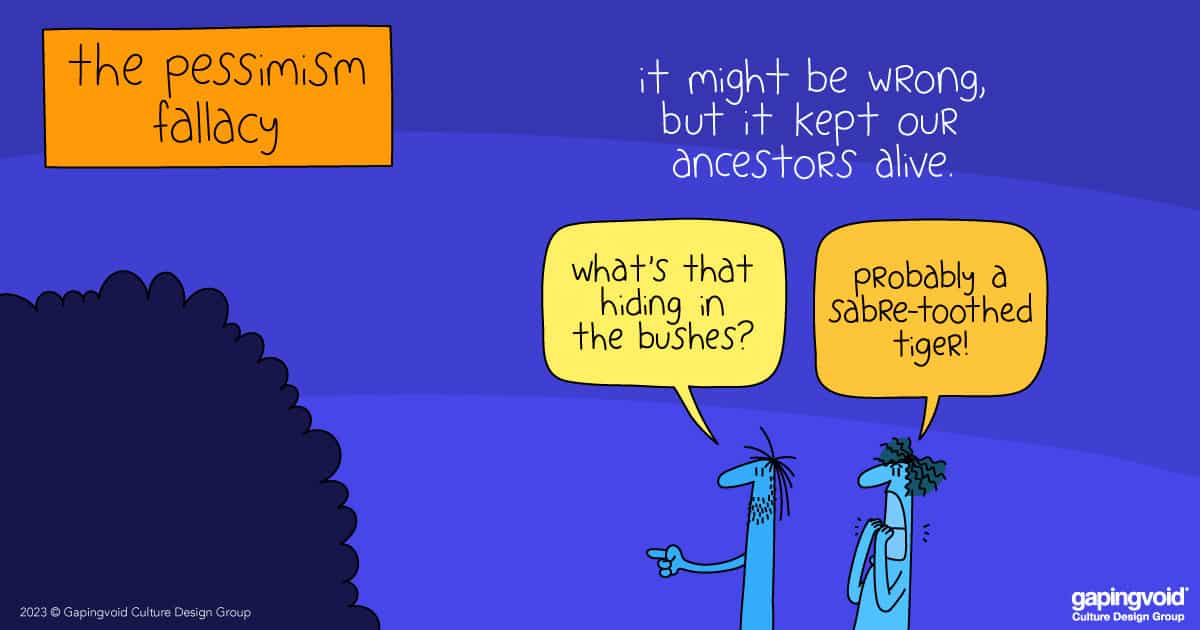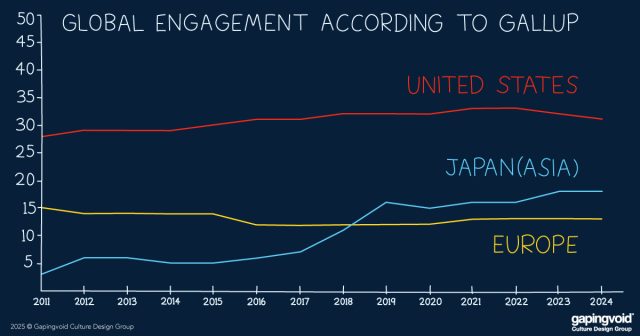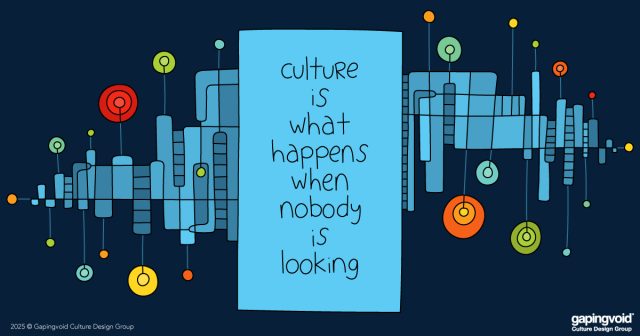
Over on Chris Williamson’s “Modern Wisdom” podcast #651, the college professor AND bodybuilder, Dr Mike Israetel, spends time talking about “The Pessimism Fallacy.”
His thesis is that most of us tend to think and talk about the world in pessimistic terms, and most of us tend to be WILDLY wrong.
It’s not hard to see why people are pessimistic. He gives 3 reasons:
1. It hedges your bets. If you say, “I’ll probably fail at X.” If you succeed, you’re pleasantly surprised. And if you fail, well you get to say “I told you so.” It’s win-win as far as you’re concerned.
2. Status. By saying “Yes, but,” and contradicting an argument, you are virtue signaling the fact that you’re pretty darn clever, which hopefully raises your status, especially around the educated (i.e. higher-status) crowd. “Yay, Me!”
3. Survival. Far back back in prehistory, life was pretty brutal. If you heard something rustling in the bushes, you were better off statistically thinking it was a sabre-tooth tiger every time (even if you were wrong), than thinking “Oh, it’s probably nothing”, simply because back then it could well be a sabre-tooth tiger, and the environment didn’t offer a lot of second chances. As the pessimists were more likely to escape being eaten alive than the optimists, they were able to pass along their genes more often and as a result, we’re more likely to have inherited their pessimist genes.
Though that pessimism was obviously useful back then, Dr Mike says it creates for us modern types a wee problem. While we’re walking to Starbucks in downtown Austin for our morning Double Soy Decaf Vanilla Latte, we don’t have to worry about sabre-tooth tigers much.
I.e. At least for many of us in the West, we live in a world that’s slightly off kilter with the “Life is solitary, poor, nasty, brutish and short” wiring we’ve been given. Which is why when we try to answer questions like, “Is the world generally getting worse,” or “Are people generally getting poorer,” we tend to answer in the negative, even if, as Dr Mike argues, it’s “wildly” untrue (exceptions notwithstanding).
But global macroeconomics aside, this can also set us back on a personal level.
You’re much less likely to quit your day job and follow your dreams (however outlandish they may be) if you think everything is going to crater tomorrow.
Even though 90% of startups fail, and a similar percentage of movies fail to make their money back, people do it anyway. Why? Because they’re optimists. They simply have to be, with the odds being so heavily stacked against them.
Yes, pessimism is there for a reason, and it can be useful. Just don’t expect to amount to much if you stick to it too closely.



